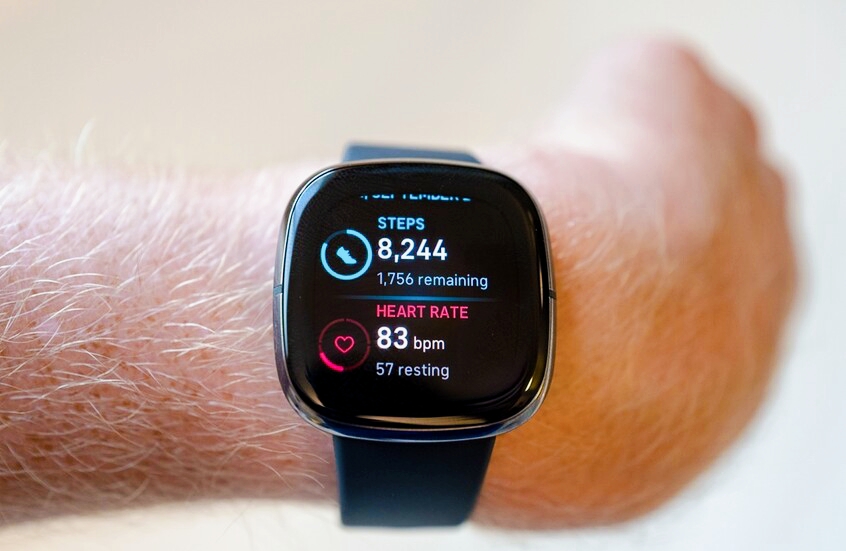Chinese Employee Wins Legal Battle Over Job Loss Linked to Step-Counting App

A Chinese employee was involved in an unusual incident after a step-counting app contributed to his job loss, prompting a court to reinstate him and award significant financial compensation.
According to the South China Morning Post, the employee, identified as Chen, worked for a company in Jiangsu province in eastern China. He initially submitted a sick leave request following a back injury at work, providing medical reports and X-rays to substantiate his condition.
After approximately a month of recovery, Chen returned to work for half a day but quickly requested another sick leave due to pain in his right leg, submitting another medical report that recommended a week of rest, which he later extended.
However, the company later discovered through the step-counting app on his smartphone that Chen had walked over 16,000 steps on the day he requested leave for his leg pain.
The company used this data to justify his termination, accusing him of "unauthorized absence" and submitting misleading health information.
Chen did not accept the dismissal and filed a lawsuit with a labor court, which examined the case in detail and ruled in his favor, deeming the company's decision unlawful.
The court ordered the company to pay Chen 118,000 yuan, approximately $16,700.
The company attempted to defend its position by presenting surveillance footage showing Chen running towards the office on the day of his leave, but the court dismissed this evidence, affirming that Chen had provided legitimate medical documentation and trustworthy X-rays that confirmed his injury.
The case sparked widespread debate on social media in China, with opinions divided on whether the company acted appropriately or if its actions constituted a clear violation of the employee's privacy.
Many emphasized that monitoring personal app data, such as step-counting apps, represents an infringement on individual rights and poses significant risks to digital privacy in the workplace.
While the case concluded with a fair ruling in favor of the employee, it opened discussions about the limits of data usage from smart devices and the legal implications of using such data as evidence in workplace disputes.
